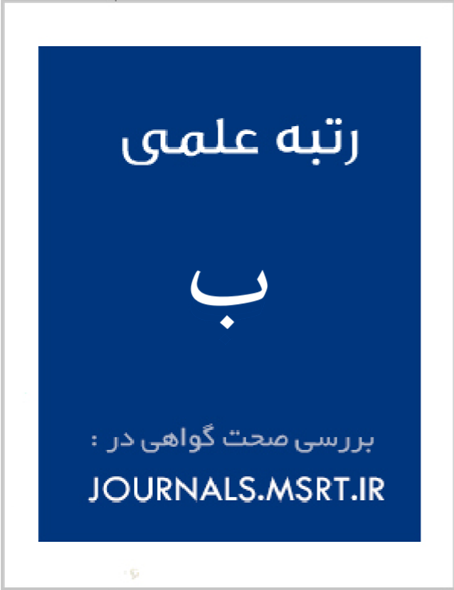شناسایی عوامل زمینهای ضعف رفتار اخلاقی در نهادهای دینی با رویکرد گراندد تئوری
کلمات کلیدی:
رفتار اخلاقی, نهاد دینی, نظریهپردازی دادهبنیاد, ضعف اخلاقی, فرهنگ سازمانیچکیده
هدف این پژوهش شناسایی عوامل زمینهای ضعف رفتار اخلاقی در نهادهای دینی با رویکرد نظریهپردازی دادهبنیاد است. این مطالعه کیفی بر پایه روش گراندد تئوری انجام شد. دادهها از طریق مصاحبههای نیمهساختاریافته با ۱۹ شرکتکننده از نهادهای دینی تهران گردآوری و تا رسیدن به اشباع نظری ادامه یافت. تحلیل دادهها با استفاده از نرمافزار Nvivo و مراحل کدگذاری باز، محوری و انتخابی انجام شد. نتایج پژوهش در سه مقوله اصلی شامل ضعف ساختاری نهاد دینی، عوامل فرهنگی و اجتماعی زمینهساز و ضعف فردی متولیان دینی سازماندهی شد. هر مقوله شامل چندین زیرمقوله و مفاهیم باز بود که از جمله آنها میتوان به نبود نظارت اثربخش، تمرکزگرایی، فقدان شفافیت مالی، عرفگرایی جایگزین دینگرایی، تقدسسازی افراد، تعارض منافع شخصی و فقدان خودنظارتی اخلاقی اشاره کرد. ضعف رفتار اخلاقی در نهادهای دینی ناشی از تعامل پیچیده عوامل ساختاری، فرهنگی و فردی است. اصلاح ساختارهای مدیریتی و نظارتی، تقویت فرهنگ سازمانی مبتنی بر اخلاق و ارتقاء سواد و انگیزههای اخلاقی متولیان از جمله راهکارهای اساسی در بهبود رفتار اخلاقی است.



